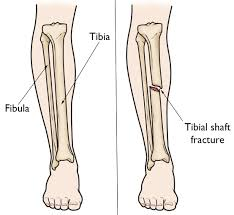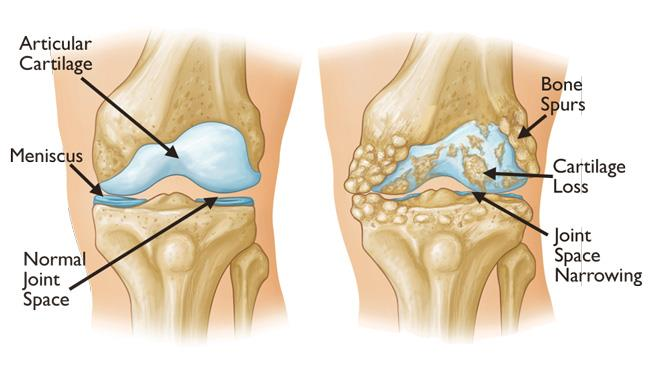A nurse is caring for several clients at a community clinic. Which of the following clients is most at risk for developing type 2 diabetes mellitus?
A client who has an autoimmune disorder.
A 40-year-old client with hypoglycemia.
A client who does not get much sleep.
A 26-year-old female client who has never given birth.
The Correct Answer is B
Choice A reason:
While autoimmune disorders are associated with type 1 diabetes, where the immune system attacks the pancreas, they are not typically a direct risk factor for type 2 diabetes. Type 2 diabetes is more closely related to lifestyle factors and insulin resistance.
Choice B reason:
A 40-year-old client with hypoglycemia may be at risk for developing type 2 diabetes. Hypoglycemia can be a sign of pre-diabetes or insulin resistance, where the body's response to insulin is not as effective, leading to fluctuations in blood sugar levels. As individuals age, their risk for type 2 diabetes increases, particularly if they have other risk factors such as a sedentary lifestyle, overweight, or a family history of diabetes.
Choice C reason:
Lack of sleep can contribute to the development of type 2 diabetes by affecting the body's ability to regulate glucose and by increasing insulin resistance. However, without additional risk factors, it is not as strong a predictor of type 2 diabetes as the presence of hypoglycemia or other metabolic conditions.
Choice D reason:
Having never given birth is not a recognized risk factor for type 2 diabetes. While gestational diabetes is a risk factor for developing type 2 diabetes later in life, the absence of pregnancy does not increase the risk.
Nursing Test Bank
Naxlex Comprehensive Predictor Exams
Related Questions
Correct Answer is C
Explanation
Choice A reason:
While explaining discharge instructions is an important part of patient education and ensuring safety after leaving the hospital, it is not the immediate priority. The nurse must first address any potential medical issues that could compromise the patient's health, such as circulation and nerve function in the affected limb.
Choice B reason:
Applying an ice pack to the casted leg can help reduce swelling and provide comfort to the client. This is often recommended for the first 24 to 72 hours after the cast is applied, especially if the cast is on a leg. However, this is secondary to assessing the neurovascular status of the limb.
Choice C reason:
Performing a neurovascular assessment is the priority action for the nurse. This assessment includes checking for sensation, warmth, capillary refill, pulses, and movement. It is crucial to identify any signs of compromised blood flow or nerve injury early to prevent further complications.
Choice D reason:
Providing reassurance to the client and parents is important for emotional support and can help alleviate anxiety. However, the nurse's immediate priority is to ensure the physical well-being of the client, which includes performing a neurovascular assessment to detect any urgent issues.

Correct Answer is A
Explanation
Choice A reason: Damage to cartilage and bone can progressively worsen. This is a characteristic of osteoarthritis. The disease is a degenerative joint disease that results in the loss of cartilage, which cushions the ends of bones in joints. As the disease progresses, the cartilage becomes thinner and may wear away entirely, causing the bones to rub against each other. This can result in pain, stiffness, and loss of joint movement.
Choice B reason:
Organ failure in later stages may occur without treatment. This statement is not typically associated with osteoarthritis. While osteoarthritis can significantly impact a person's quality of life, it does not directly cause organ failure. However, it's important to manage osteoarthritis effectively to maintain overall health and prevent secondary complications.
Choice C reason:
Inflammation will resolve over time. This is not typically true for osteoarthritis. While some people with osteoarthritis may experience periods of reduced symptoms, the underlying disease process does not resolve over time. In fact, osteoarthritis usually worsens over time.
Choice D reason:
There will be periods of flare-ups and remission of symptoms. This is true for many people with osteoarthritis. Symptoms can vary and may become more severe during periods of activity or stress on the joint. Conversely, symptoms may decrease during periods of rest or with effective management strategies.

Whether you are a student looking to ace your exams or a practicing nurse seeking to enhance your expertise , our nursing education contents will empower you with the confidence and competence to make a difference in the lives of patients and become a respected leader in the healthcare field.
Visit Naxlex, invest in your future and unlock endless possibilities with our unparalleled nursing education contents today
Report Wrong Answer on the Current Question
Do you disagree with the answer? If yes, what is your expected answer? Explain.
Kindly be descriptive with the issue you are facing.
